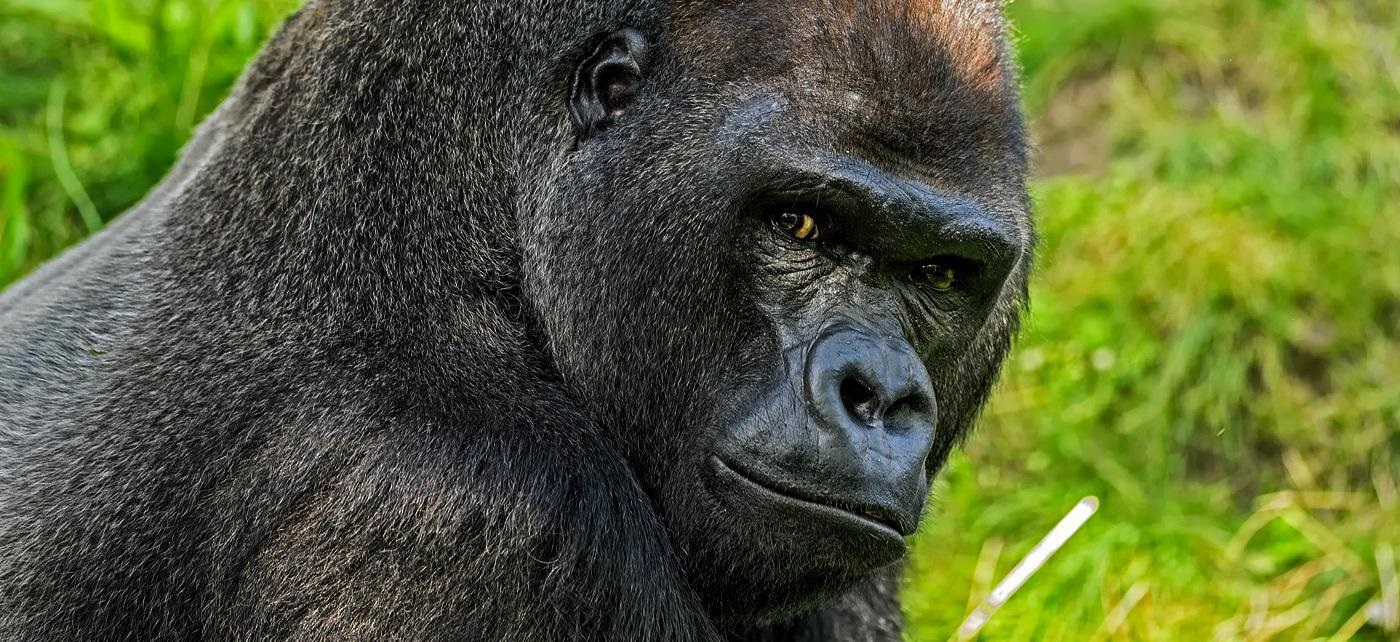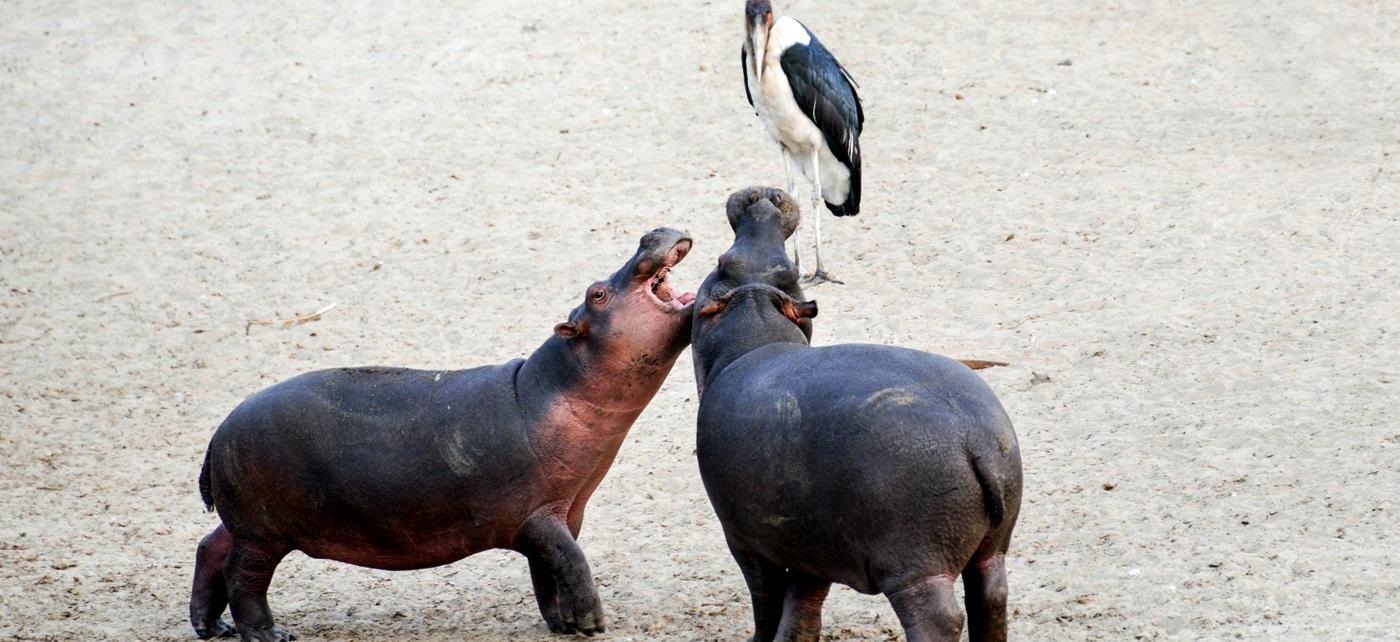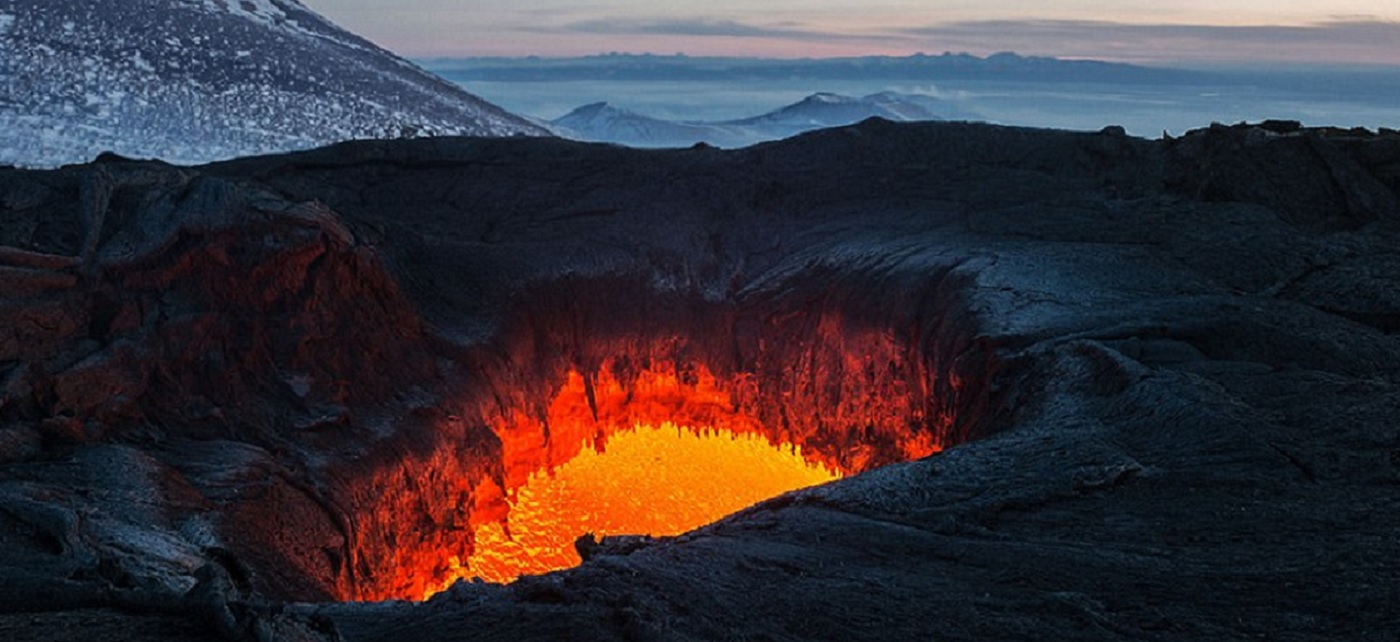Gabon is a state in central Africa sharing borders with Equatorial Guinea to the northwest, Cameroon to the north, and with the Republic of the Congo curving around the east and south. The Gulf of Guinea, an arm of the Atlantic Ocean is to the west. It covers a land area of nearly 270,000 km˛ and has an estimated population of 1,500,000. Its capital and largest city is Libreville.
The earliest inhabitants of the area were Pygmy peoples. They were largely replaced and absorbed by Bantu tribes as they migrated. In the 15th century, the first Europeans arrived. The nation's present name originates from "Gabăo", Portuguese for "cloak", which is roughly the shape of the estuary of the Komo River by Libreville. French explorer Pierre Savorgnan de Brazza led his first mission to the Gabon-Congo area in 1875. Several Bantu groups lived in the area that is now Gabon when France officially occupied it in 1885.
Gabon has a population that is estimated at 1,545,255. Historical and environmental factors caused Gabon's population to decline between 1900 and 1940. It has one of the lowest population densities of any country in Africa, and labor shortages form a major obstacle to development and a draw for foreign workers.
Gabonese music is lesser-known in comparison with regional giants like the Democratic Republic of the Congo and Cameroon. The country boasts an array of folk styles, as well as pop stars like Patience Dabany and Annie Flore Batchiellilys, a Gabonese singer and renowned live performer. Also known are guitarists like Georges Oyendze, La Rose Mbadou and Sylvain Avara, and the singer Oliver N'Goma. Imported rock and hip hop from the US and UK are popular in Gabon, as are rumba, makossa and soukous. Gabonese folk instruments include the obala, the ngombi, balafon and traditional drums. A country with a primarily oral tradition up until the spread of literacy in the 21st century, Gabon is rich in folklore and mythology. "Raconteurs" are currently working to keep traditions alive such as the mvett among the Fangs and the ingwala among the Nzebis.
Last Update: December 2010


